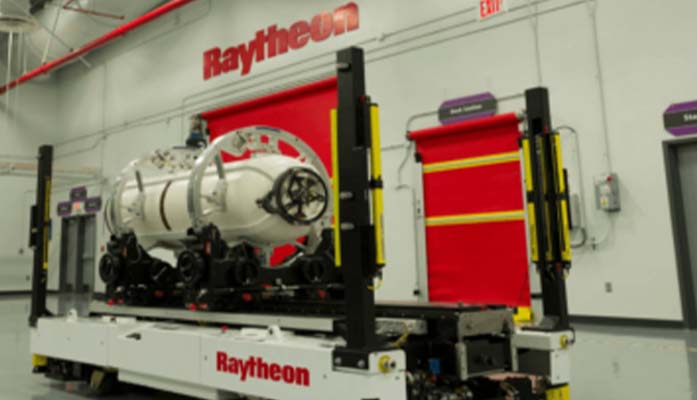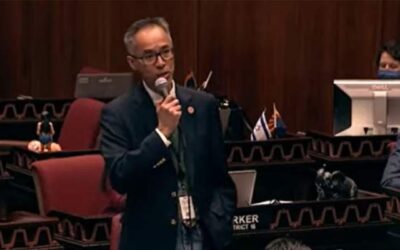By Corinne Murdock |
Most Americans would agree that taxes aren’t among the top ten things they love about this country — that is, unless you’re a corporation in Arizona looking ahead to SB1643. The bill offers corporations the option to cash out unused Research and Development (R&D) tax credits normally carried forward by taxpayers, totaling around $2 billion in 2019. SB1643 would allow corporations to cash them out at 60 cents on the dollar for “reinvestment” projects, with each corporation limited to $10 million a year or their amount of unused R&D credits, whichever is less. In order to implement this program, the state would appropriate over $50 million from its general fund. The bill would also increase the annual aggregate cap’s refundable portion of the R&D credit from $5 to $10 million. SB1643 passed in the State Senate several days after failing initially last month, and awaits final consideration in the House.
Valid reinvestment projects would include sustainability or water capital projects; building or updating research and development facilities; capital expenditure projects or workforce development projects with universities or career technical education districts, including tuition reimbursement, hiring employees for the institution of higher learning, and apprenticeships; and capital expenditure projects supported by matching funds from federal or national grant programs.
In practice, those reinvestment projects tend to encourage corporations to be fashioned in government and bureaucrat-friendly trappings. Sustainability efforts fall in line with initiatives fulfilling the climate justice portion of the Green New Deal: electric vehicle charging stations, windmills, public transit, solar panels, and greenhouse gas elimination on farms. The city of Phoenix has been the poster child for climate justice, implementing a “cool pavement” pilot program to mitigate urban heat, a phenomenon of higher temperatures in urbanized areas, as well as pledging to become 100 percent carbon-neutral by 2050, eliminating food deserts, and establishing 100 years of clean and reliable water supplies.
Workforce development initiatives would err on the side of social justice activism. One recent example would be defense technology giant Raytheon, whose workforce development initiative, “Stronger Together,” garnered international controversy for requiring employees to adopt critical race theory (CRT) beliefs through a training program. The program targeted white employees, listing white, straight, Christian men as the pinnacle of the “oppression hierarchy.” The company also segregated employees into race and identity groups.
Investigative journalist Christopher Rufo exposed Raytheon’s initiative last July. In an interview with Fox News, Rufo opined that the reason corporations like Raytheon push woke ideologies was to ensure that the government had less reasons to scrutinize them, allowing for an uninhibited flow of taxpayer dollars.
“Think of it as a protection racket similar to the Mafia, where you pay a small fee — in this case, you signal virtue, you hire the right consultants, you sign the right pledges to decolonize your bookshelf or to interrogate your unconscious bias — and then these companies hope to be left alone, that the social media mob, that the politicians in office, that the Biden Administration will keep that taxpayer money flowing because they’ve signaled the right beliefs,” said Rufo.
Raytheon has a headquarters in Tucson.
Banner Health, one of the state’s largest employers, clarifies that its workforce development and training course content is “culturally appropriate” and “trauma informed,” among other things. Those same keywords were present in Raytheon’s woke workforce development program.
Workforce development initiatives with universities under the tax credit program may look like the latest efforts out of Arizona State University (ASU) and its “New Economy Initiative,” which aims to increase the number of science, technology, and engineering workers and therefore attract more large technology companies. The state gave ASU $32.2 million over last year and this year, with an additional $21.2 forthcoming. ASU projected it would double these funds over the next decade, and create 40,000 new jobs by 2041.
Corinne Murdock is a reporter for AZ Free News. Follow her latest on Twitter, or email tips to corinne@azfreenews.com.








